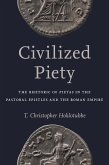

Ähnliche Artikel
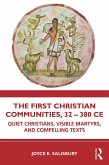
eBook, ePUB
24. November 2023
Taylor & Francis eBooks
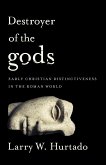
21,95 €
Sofort per Download lieferbar
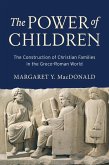
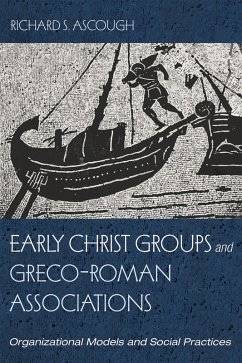
eBook, ePUB
20. Juni 2022
Wipf and Stock Publishers
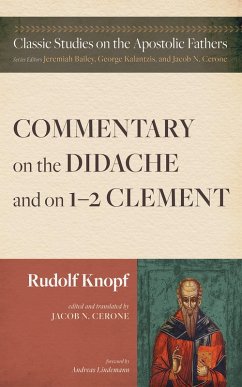
eBook, ePUB
27. Januar 2023
Wipf and Stock Publishers
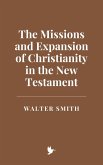
2,99 €
inkl. MwSt. und vom Verlag festgesetzt.
Sofort per Download lieferbar
eBook, ePUB
12. Januar 2025
Historia Magna
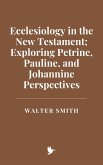
2,99 €
inkl. MwSt. und vom Verlag festgesetzt.
Sofort per Download lieferbar
eBook, ePUB
12. Januar 2025
Historia Magna

8,95 €
Sofort per Download lieferbar
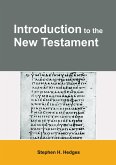
3,42 €
inkl. MwSt. und vom Verlag festgesetzt.
Sofort per Download lieferbar
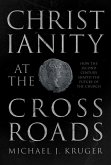
12,95 €
Sofort per Download lieferbar
Ähnlichkeitssuche: Fact®Finder von OMIKRON
